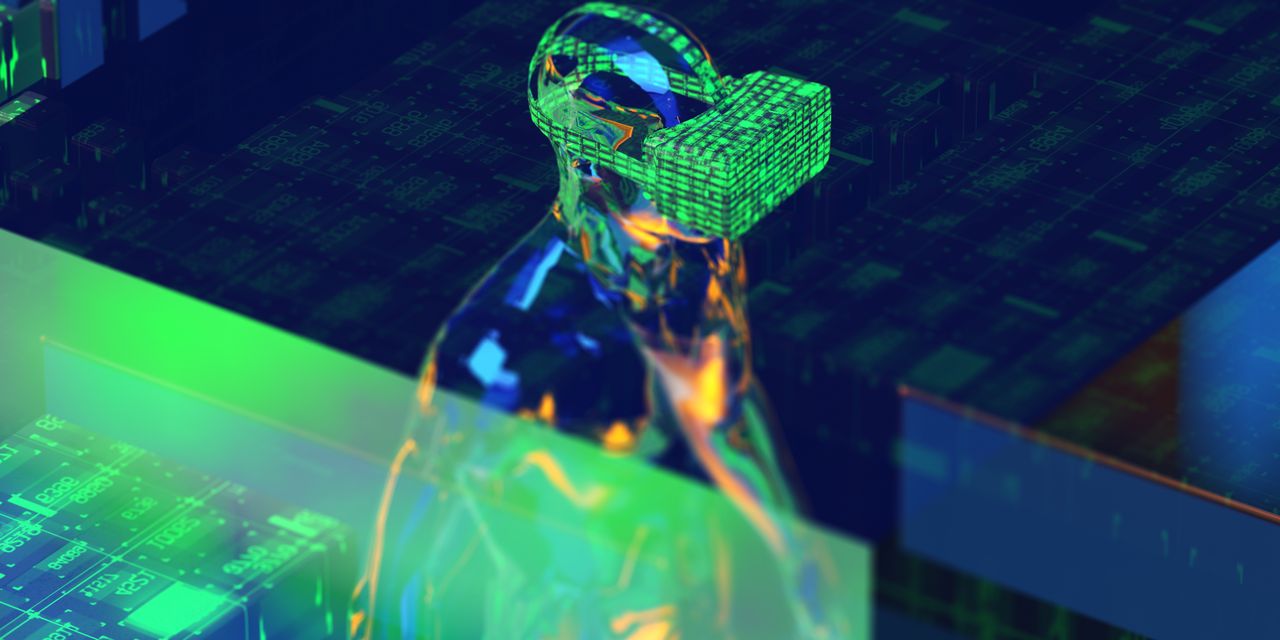In the era where innovation is the linchpin of staying competitive, the video game industry is experiencing a technological renaissance. Generative AI (GAI) will cause a pivotal shift in the industry, enabling a transition from traditional development frameworks to more advanced, AI-driven models.
GAI’s potential to autonomously generate vast amounts of high-quality content could significantly reduce time and resources required in the game development cycle and accelerate the pace at which new games are released. This new, revolutionary paradigm brings its own set of challenges and opportunities, but before we delve into the winners and losers, let’s first discuss how exactly GAI can enhance the production cycle.
In video game development, time is of the essence and innovation is the currency. The allure of generative AI lies in its ability to automate routine tasks, enabling developers to focus on creating engaging and innovative gameplay elements instead.
For example, Blizzard Entertainment, a unit of Activision Blizzard — the gaming giant and recent Microsoft
MSFT,
acquisition — has harnessed AI to produce concept art for new ideas. Blizzard Diffusion, an image generator program trained on the company’s hit titles such as World of Warcraft, is a significant stride toward automation and acceleration of the conceptual phase of game development.
Another example is Face Trainer, a tool developed by Ziva Dynamics, a company acquired by Unity Technologies , which augments character design process, an essential facet of game development. Face Trainer can turn a four-to-six month animation process, performed by half a dozen artists, into a five-minute endeavor.
Concept art isn’t the only segment of game development where AI could extend its generative prowess. It could boost everything from NPC (non-player character) dialog options and level- and mission design to side quest creation, music generation, real-time image enhancement, and more.
Judging by this list of AI tools and a study by Bain & Company, artificial intelligence becoming integral to the video game industry is a trend that’s been in the making for several years now. The study projects the percentage of video game content developed with support from generative AI to grow from less than 5% currently to 50% or more in the next five to 10 years.
This is a revolution that could transform static game narratives into dynamic, player-centric experiences. According to research from venture firm Andreessen Horowitz, GAI like ChatGPT and its competitors could transform the game industry more radically than any other entertainment category, delivering high-quality, highly iterative experiences at a fraction of time and cost.
Generative AI is clearly a game-changer for developers as it could redefine the gaming experience by enriching game design and player engagement, making each player’s journey unique and memorable.
Read: The AI market boom is real — and these are its 8 most influential players
AI winners and losers
Early proactive adopters are positioned to reap the rewards, while latecomers face a daunting task of catching up in a rapidly evolving technological landscape. Let’s first talk about the winners.
One notable example is Roblox Corporation
RBLX,
which plans to incorporate GAI in its Roblox Studio to provide a holistic platform for creators, facilitating an ecosystem where immersive 3D experiences flourish. The technology will enable creators to design integrated 3D objects with built-in behavior through simple statements. Here’s a video demonstration of tool’s capabilities:
TensorFlow, a respected open-source machine learning platform, is also a potential winner in AI-powered games and simulations. Its versatile framework allows developers to leverage machine learning, fostering immersive gaming experiences that push the boundaries of what’s achievable. As generative AI in gaming proliferates, so will the need for platforms such as TensorFlow.
Unity Technologies
U,
a leading provider of game development tools, has also implemented AI in its products to offer intelligent automation, procedural content generation and sophisticated algorithms that streamline the game development process. Although it has recently had a rough patch with the developer community, Unity’s new set of AI tools might be alluring enough to help the company win back its userbase.
Electronic Arts
EA,
meanwhile, is using AI to enhance realism and intelligence of non-player characters within its games. Through AI algorithms, NPCs are becoming more lifelike and responsive, significantly enriching player interactions and overall gaming experiences.
Promethean AI is an artificial intelligence platform that builds virtual worlds, utilizes AI to craft mesmerizing 3D characters and environments and offers an unprecedented toolset for developers to create virtual worlds teeming with life and authenticity. It is expected that similar tools will become more popular as playfield expands and AI gains more traction in development circles.
Finally, Nvidia
NVDA,
continues to release groundbreaking applications in AI that elevate gaming experiences to new heights of realism and immersion.
Another group of winners will be investors who grasp the nuanced dynamics of GAI, its potential to accelerate game development and its capacity to redefine user engagement.
The investment opportunities stemming from generative AI’s integration in game development range from equity investments in pioneering gaming companies and venture capital in startups developing novel GAI tools to strategic partnerships aimed at fostering innovation and expediting the go-to-market timelines.
Losers will be those without a coherent strategy or the requisite infrastructure to embrace the wave of generative AI — for example, studios lacking the resources or technical prowess to integrate GAI into their development processes. Talent retention also cannot be understated — studios unable to attract or retain the requisite talent to drive their GAI initiatives will struggle.
There are also legal and regulatory challenges. Big companies such as Adobe
ADBE,
IBM
IBM,
and Nvidia have begun navigating the complex regulatory landscape, which includes U.S. President Joe Biden’s Executive Order on Safe, Secure, and Trustworthy Artificial Intelligence. Companies ill-prepared for upcoming regulations may land in a precarious position.
It is obvious that the GAI discourse extends beyond video game industry. As AI continues its relentless march, the dichotomy of winners and losers will recur across other sectors. It is a sign of global technological evolution, complete competitive realignment, and inexorable drive toward a future intertwined with AI.
More: These tech stocks scored this earnings season even as AI hype slowed — and the winner may surprise you
Also read: Big tech is battling to put AI on your PC, laptop and smartphone
Read the full article here





